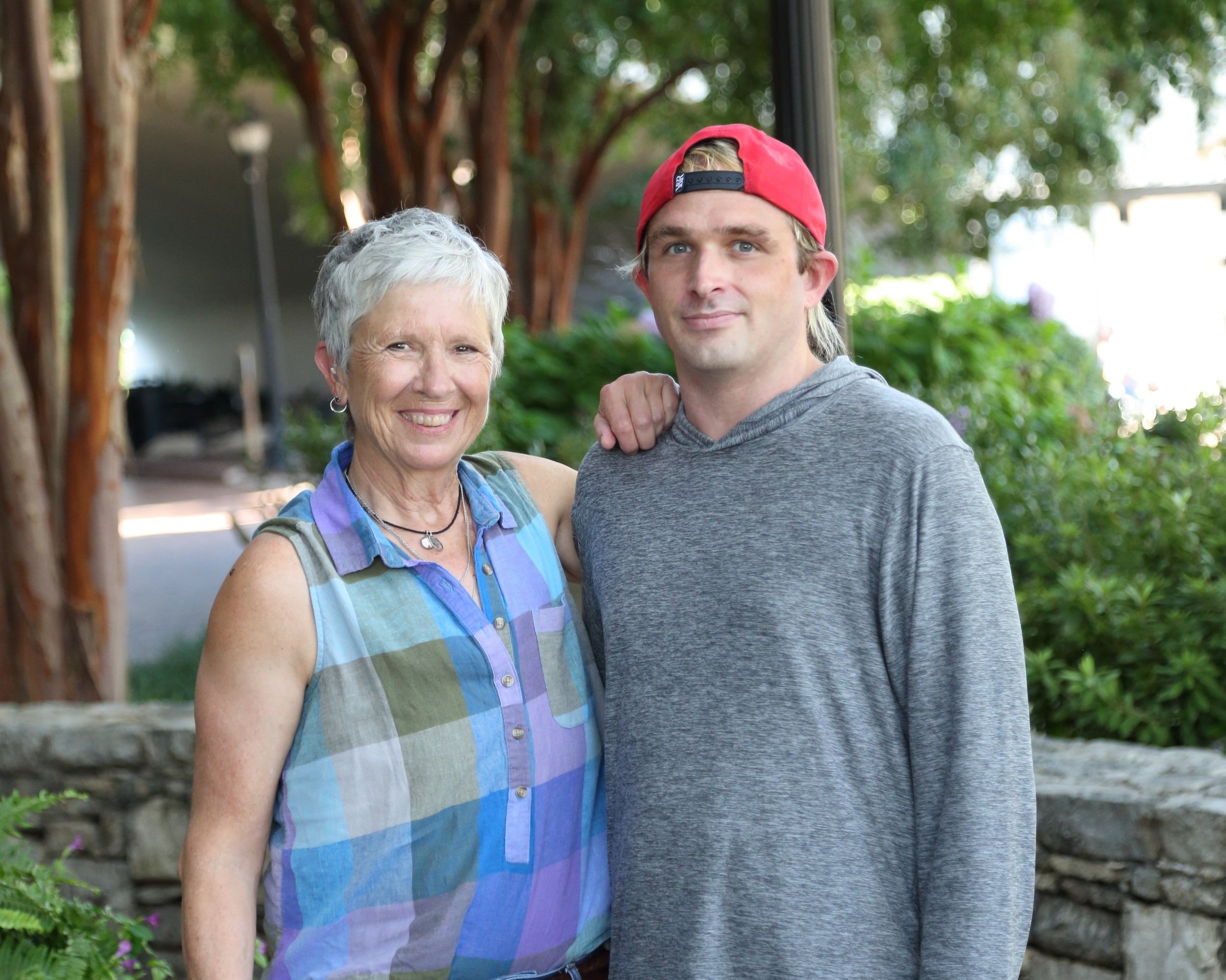Greater Greenville Mental Health: Christopher’s Story
Hope
Christopher was struggling with schizophrenia while living under a bridge. “Every day flows to the next one, and you almost just want to give up.”
Christopher lived under the Hampton Station bridge until about two years ago. He was trying to survive with schizophrenia. His days were spent digging through trash cans followed by nights of sleeping under the bridge. It was a constant struggle for him to decipher between what was real and what was taking place inside his head. During this time he felt alone and extremely isolated.
The Greenville Rescue Mission, Miracle Mill Ministries emergency shelter for men, is one of the places that served as a stepping stone in Christopher’s mental health journey and finding a home. Here, he was able to meet Mary Kay Campbell with Greater Greenville Mental Health, who has been his mental health counselor for the past five years. She has made sure that he stays on his medication and navigated him through his mental illness by helping him decipher between reality and schizophrenic ideations.
With Mary Kay’s help, Christopher was able to move into permanent supportive housing at Reedy Place. Having a place to sleep every night has helped him manage his mental illness. He is able to have a safe place to cook his own food, watch TV, and hang out with his friends. Navigating his mental health can still be difficult at times, as it is not perfect, but he has people that care about him.
Reedy Place is an example of Permanent Supportive Housing, an important housing solution for single people who experience chronic homelessness and are diagnosed with a mental and/or physical disability. It is a best-practice model that combines housing with case management and support services and offers people and communities hope.
Greater Greenville Mental Health (GGMHC) is an extension of the South Carolina Department of Mental Health system, with three different clinic locations that serve Greenville County. GGMHC’s mission is to support the recovery of people with mental illness.
See page 24 of the GHA 2021 Report on Homelessness for more information about Permanent Supportive Housing.

